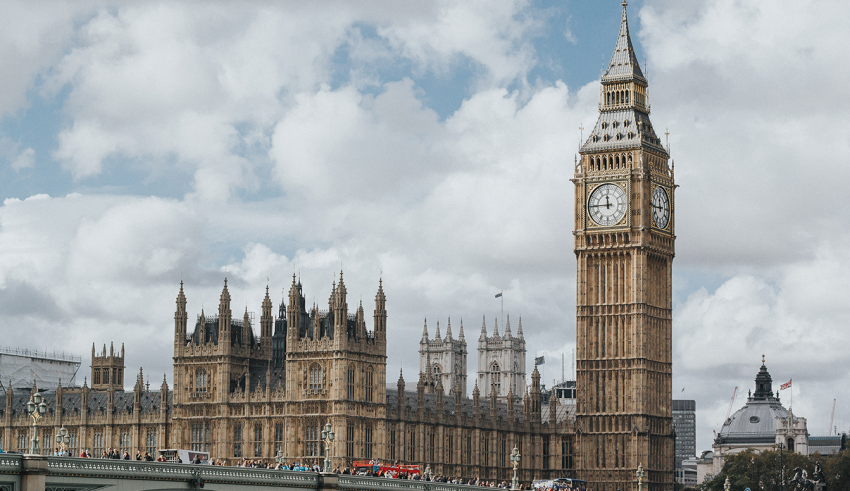PRESS RELEASES | 19/09/2023
Social tariff needed to bring down energy bills and decarbonise homes

- New report launched today from UCL, on behalf of the Aldersgate Group, calls for a social tariff that provides a 30% discount on the cost of gas and electricity for vulnerable households. It finds that this would bring down bills by £450 for those in fuel poverty, minimising the need for large-scale government expenditure as seen in 2022/23.
- The report calls for Government to work with suppliers to offer Time of Use tariffs for consumers that want them, understanding that for those able to effectively shift their power consumption, this option can provide a valuable system-balancing service and lower bills.
- The report also calls on Government to bring forward its decision on the role of hydrogen in home heating from 2026 to 2024, showing a preference for the electrification of home heating and cooling, using hydrogen only where a viable alternative is not possible.
The global energy crisis has placed increasing pressures on households across the UK, with energy expenditure more than doubling for the typical household last winter. To support fuel poor households during this period, HM Treasury spent £33 billion covering around half of household bills.
While declining international gas prices recently led to a decrease in energy costs, most households will still pay at least double the pre-crisis average up to 2027 and remain vulnerable to any future price rises. It is vital that Government addresses this issue while delivering on its net zero ambitions, which require an emissions reduction of 68% by 2030 and 78% by 2035 relative to 1990 levels.
This new report outlines a pathway to decarbonise home heating and cooling while ensuring that energy bills are affordable for all. These measures can support households, lower the need for public financial outlay to subsidise energy bills, and release capital for consumers to spend on energy efficiency and decarbonisation measures.
In addition, the report calls for Government to move policy costs from electricity bills to general taxation and urgently address issues around standing charges for customers on Pre-Payment Meters – many of whom are unable to reconnect to the energy system until they clear debts accrued from fixed charges that do not relate to their energy consumption.
Laith Whitwham, Policy Principal, Aldersgate Group, said: “The UK is currently behind on the decarbonisation of home heating. In this report, we put forward a series of recommendations that, if implemented, will reduce emissions, bills, and government expenditure in the face of an energy crisis. We also show how a strong commitment to the electrification of home heating – and, as temperatures increase, cooling – is needed from the government now to create confidence and unlock investment across the energy sector.”
Phil McNally, Research Fellow, UCL said: “While energy costs are finally falling, bills this winter will still be 78% higher than the pre-crisis average. The Government should take ambitious steps to deliver affordable change in both the near and long-term, in a way that avoids the huge sums of money spent on temporary solutions. This report presents 6 recommendations to bring down bills, reduce emissions, and protect the fuel poor, ultimately calling for the delivery of a Social Tariff.”
Rachel Fletcher, Director of Regulation and Economics, Octopus Energy, said: “I welcome this UCL/Aldersgate Group report. The need for government support for customers struggling to pay their energy bills is timely. It also serves as an important reminder of how smart, time of use tariffs can help all customers in keeping their costs down while supporting a decarbonising energy system. We fully support the recommendation of taking policy costs off electricity bills in order to encourage more customers to switch from gas to more efficient, green, electric heating.”
Dr Elizabeth Blakelock, Principal Policy Manager, Citizens Advice, said: “A social tariff is essential to give millions of people certainty about what they’ll pay and protect them from excessive bills in this era of high energy costs. Time is running out for the government to follow through on its promise to introduce better targeted support by April 2024. Without urgent action we’ll see a repeat of the same crisis as last year – people unable to keep their homes warm, unable to keep the lights on and making the choice between heating or eating.”
Stew Horne, Head of Policy, Energy Saving Trust said: “Aldersgate Group’s report rightly highlights the need to do more to protect those who are hardest hit by high energy prices. Well targeted support in the form of a social tariff which sets costs lower than the price cap for specific groups would be a progressive way to provide support to those who need it the most.
“We also know that installing heat pumps into homes is key to reducing our dependence on fossil fuels and cutting carbon emissions. Moving levies from electricity bills is a key policy needed to push down the cost of running a heat pump, which would accelerate uptake and increase the affordability of electric heating.”


